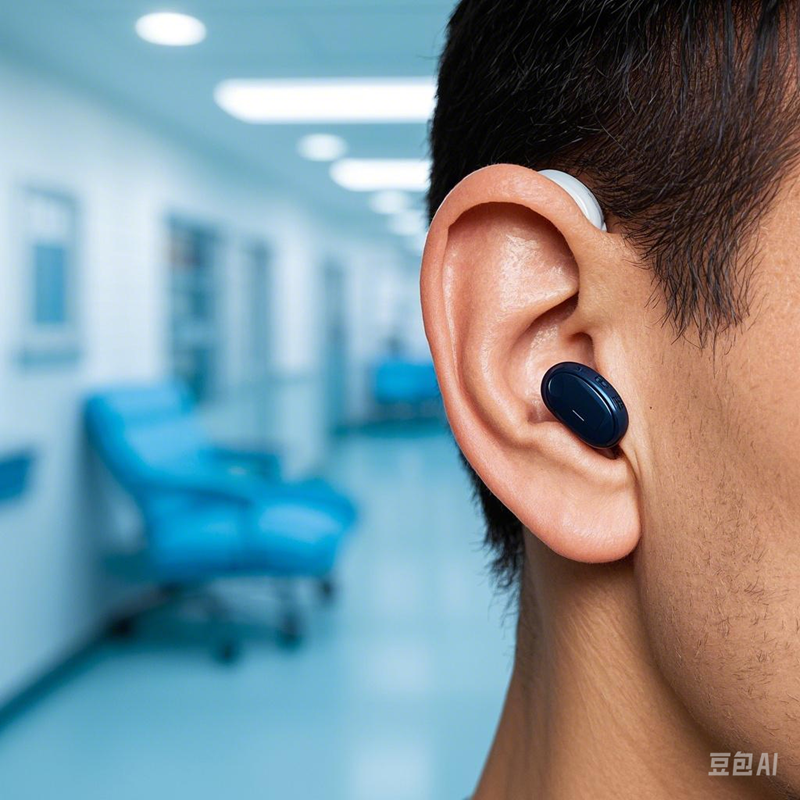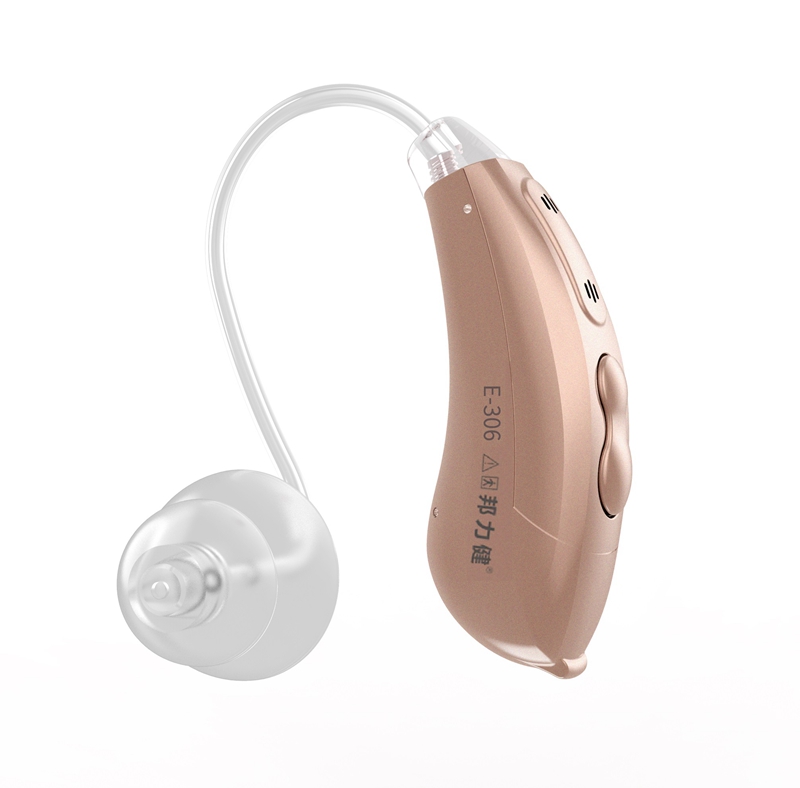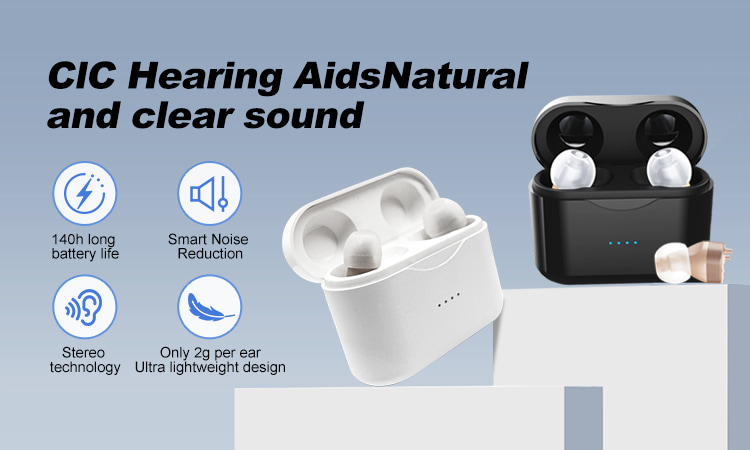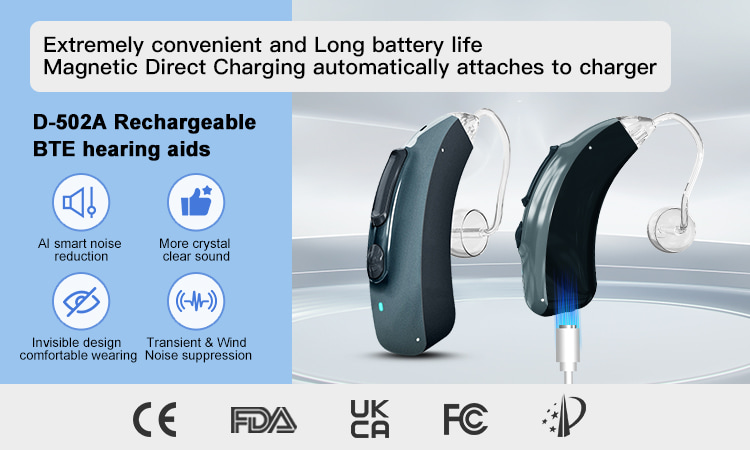As of October 17, 2022, the FDA officially recognized OTC hearing aids as a category, providing an easier and more affordable way for adults to address perceived mild to moderate hearing loss. This article explores what OTC hearing aids are, how they work, and everything you should know before purchasing them.

What is an OTC Hearing Aid?
An OTC hearing aid is a medical device designed to assist individuals with mild to moderate hearing loss. Unlike traditional hearing aids, OTC models are available directly to consumers without the need for a prescription or healthcare provider consultation. These devices amplify sounds and deliver them to the ear canal, improving hearing for individuals who may have difficulty in noisy environments or struggle to hear conversations.
OTC hearing aids are part of a broader movement to increase accessibility and affordability for individuals experiencing hearing loss. This shift is especially beneficial for adults aged 18 and older who have perceived mild to moderate hearing difficulties but may not require more complex, prescription-based devices.
The Benefits of OTC Hearing Aids
Key Features of OTC Hearing Aids
- Self-Fitting Technology: Many OTC hearing aids allow users to adjust their devices through software or smartphone applications. This feature is particularly beneficial for individuals who prefer to manage their settings independently without the assistance of a healthcare professional.
- Air-Conduction Mechanism: OTC hearing aids work by amplifying sound and delivering it into the ear canal, where it travels to the eardrum and middle ear. The amplified sound is then processed by the inner ear and sent to the brain for interpretation, improving hearing for the user.
- Wireless Integration: Some models offer wireless connectivity, allowing users to adjust settings via Bluetooth or integrate the device with smartphones for additional customization.
- Customizable Settings: OTC hearing aids often come with multiple settings, including volume control and preset programs, to accommodate different listening environments. Self-fitting models may also include hearing tests for further adjustment based on personal hearing needs.
- Regulation and Safety: OTC hearing aids are regulated by the FDA to ensure safety and effectiveness. They are required to meet specific standards before they are made available to consumers.
Who Can Benefit from OTC Hearing Aids?
OTC hearing aids are designed for adults aged 18 years or older who have perceived mild to moderate hearing loss. This category typically includes individuals who:
- Have difficulty hearing speech in noisy environments.
- Struggle to follow conversations in group settings.
- Need to turn up the volume on the TV or radio.
- Experience hearing fatigue after prolonged listening.
However, OTC hearing aids are not intended for individuals with severe or profound hearing loss. For those with more significant hearing impairments, a prescription hearing aid or consultation with a licensed audiologist is recommended. In some cases, more powerful devices may be required to adequately address the severity of the hearing loss.
When Should You Consult a Professional?
If you experience any of the following, you should consult a healthcare professional before purchasing an OTC hearing aid:
- Sudden changes in hearing ability.
- Persistent ear pain or discomfort.
- Ringing or buzzing in the ears (tinnitus).
- Difficulty hearing loud sounds or speech in a quiet room.
These symptoms may indicate a more serious condition that requires medical intervention.
Where Can You Buy OTC Hearing Aids?
OTC hearing aids are readily available for purchase online or in retail stores. Unlike prescription hearing aids, which require a visit to a healthcare professional, OTC devices can be bought directly by the consumer without any need for a fitting or consultation. However, it’s important to ensure that the device meets the FDA’s requirements for safety and effectiveness.
While you don’t need a professional to purchase OTC hearing aids, it’s still a good idea to do some research and read reviews before making a decision. This can help you find a device that meets your needs and provides the best possible hearing experience.
The above is the interpretation of What is an OTC Hearing Aid? provided by Chinese hearing aid supplier Shenrui Medical. Link https://www.srmcm.com/Article/99.html of this article is welcome to share and forward. For more hearing aid related information, please visit Blog or take a look at our Hearing aids products














